
(Ecofin Agency) – Despite efforts to build vaccine capacity in low-income countries, lack of funding continues to be a major obstacle in the fight against covid-19.
The international community pledges an additional US$4.8 billion to help low-income countries respond to COVID-19. The announcement was made by the Global Vaccine Alliance (Gavi) on Friday, April 8, at the end of a summit organized by Ghana, Senegal, Germany, and Indonesia.
Of the funds, US$1.7 billion was pledged by “sovereign donors” and will be used to cover GAVI’s Advance Market Commitment (AMC) for vaccines this year. The European Investment Bank (EIB) and the U.S. International Development Finance Corporation (DFC) will contribute to the tune of US$2.1 billion. Finally, the World Bank, the Asian Development Bank, and the EIB will contribute US$1 billion. More funds will come from countries and institutions that are yet to announce their commitment, the announcement informs.
The funds will help low-income countries close the vaccine gap, guarantee access to new vaccines and provide additional support to countries planning to acquire vaccines on their own.
“This pandemic is not over: while gaps in coverage remain, it will continue to wreak havoc on individuals, communities, and economies. Achieving equity is the key to breaking COVID now. We cannot afford to wait and risk the virus undoing all the progress that has been made,” asserted Professor José Manuel Barroso (photo), Chairman of GAVI’s board.
This new GAVI initiative should help strengthen Africa’s vaccine capacity. Through its vaccine procurement and distribution mechanism, COVAX, GAVI has already distributed more than 1.2 billion vaccines to underdeveloped countries. The World Health Organization (WHO) announced last February the installation of messenger RNA (mRNA) vaccine production units in six African countries. Enhanced efforts are also being made to boost local vaccine production.
Jean-Marc Gogbeu

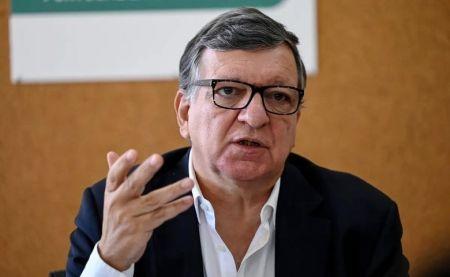
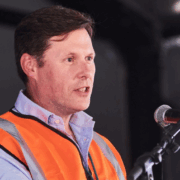
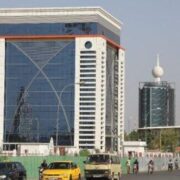
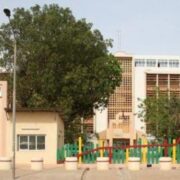
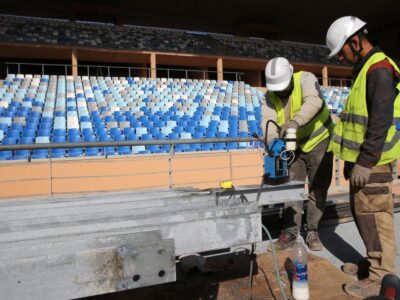




Comments